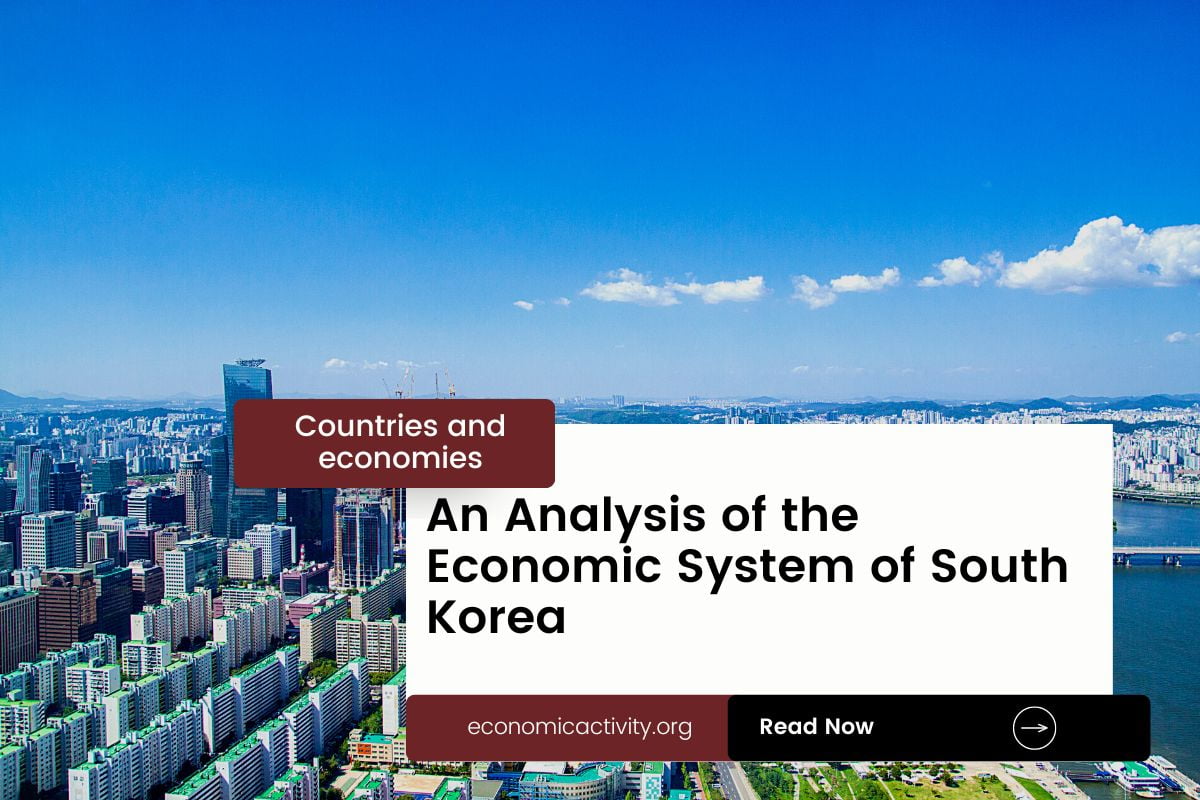What is the economic system of South Korea? The economy of South Korea is based on a mixed economy, that resembles a market economy. The country’s economic system combines elements of a market economy and a planned economy, individuals are free to work, produce, consume, and invest in any way they please.
South Korea boasts a highly developed and diverse economy with key sectors in electronics, automobiles, shipbuilding, petrochemicals, and robotics. It is home to global tech giants and automakers. Additionally, it has a burgeoning entertainment industry, known globally as the “Korean Wave,” and a growing tourism sector.
In South Korea, the economy is composed of a private sector, consisting of individuals and businesses that make autonomous decisions based on self-interest, and a public sector, where the state determines the production and distribution of certain goods and services. No country is purely capitalist or purely communist.
What do the freedom indexes tell about the economic system of South Korea?
In a similar way, the 2022 Freedom House index evaluates the state of political rights and civil liberties globally. Generally, market economies tend to align more with democracy and freedom, while command economies tend to be characterized by greater state control and fewer democratic and civil liberty protections. South Korea gets a score of 83/100, which qualifies it as Free.
South Korea is a country where the government does not control what people do for political reasons, and people have the freedom to choose (what, how much, and how to produce, whether to buy or not, selling price, etc.)
The Link Between Public Sector Employment and the Economic System of South Korea
An indicator of the extent to which the State is involved in the economy is the number of public sector employees. In South Korea, according to ILOSTAT, the number of public sector employees as a percentage of the total workforce is 10.3% (2014).In the country, the public sector tends to be small and efficient. As a result, the number of public sector employees as a percentage of the total workforce is low compared to other countries.
What do the biggest companies in South Korea say about the country’s economic system?
The biggest company in South Korea should also be looked at, as well as whether it is a state-owned or private company. In this case, Samsung Electronics is a global leader in consumer electronics, home appliances, and mobile communications. The company is publicly traded and listed on the Korea Exchange, and its shares are held by numerous individual and institutional investors. It shows how the biggest companies in the country are privately owned.
More: Top 10 Biggest companies by revenue in S. Korea
The historical factors that have influenced the economic system of South Korea
The current mixed economy system of South Korea is the result of a combination of government intervention, market forces, and foreign investment.
Government intervention has been used to promote economic growth and development, while market forces have been used to create a competitive environment. Foreign investment has also played a role in the development of the economy, providing capital and technology.
All of these factors have contributed to the current mixed economy system of South Korea.




Leave a Reply